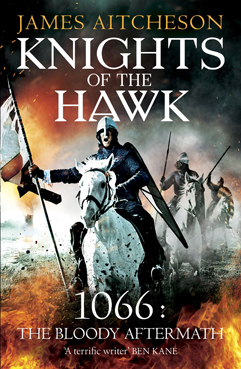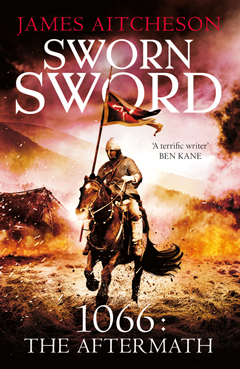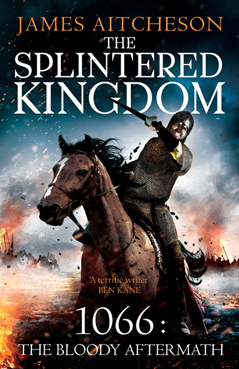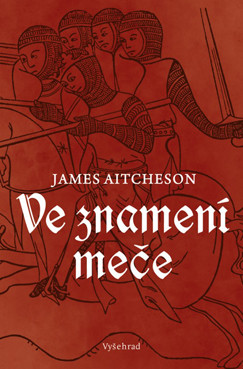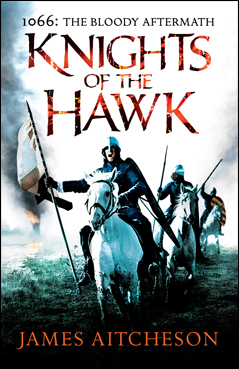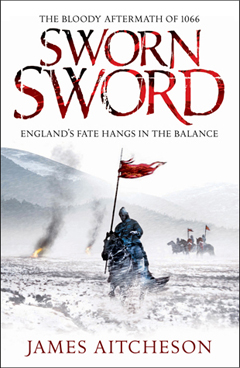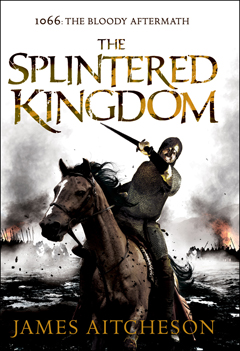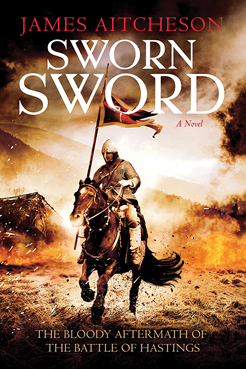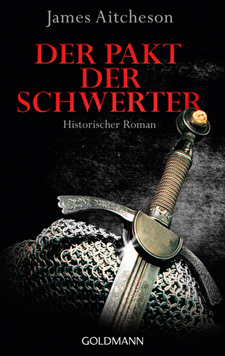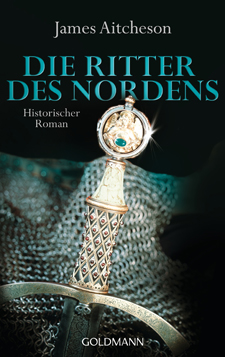Research
My academic research is driven by a passion for the Middle Ages, and by a desire to understand what our medieval past means to us today, in the twenty-first century.
I am particularly interested in historical fiction – both practice and theory. What is it, and what is it for? Why do we write fiction set in the past? My research explores how historical fiction is constructed, as well as its objectives, responsibilities and its possible future directions.
My other research specialisms include:
- medievalism (the Middle Ages in modern culture);
- public understanding of the past;
- monastic and intellectual culture in early medieval England (c.500–c.1066);
- early medieval aviation;
- early medieval astronomy.
I received my PhD in Creative Writing in 2021, and am currently based at the University of Nottingham and Sheffield Hallam University.
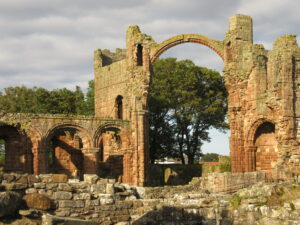
Publications
Aitcheson, James. ‘Historical friction: constructing pastness in fiction set in eleventh-century England’. In Old English Medievalism: Reception and Recreation in the 20th and 21st Centuries, edited by Rachel Fletcher, Thijs Porck and Oliver M. Traxel. Woodbridge: D.S. Brewer, 2022.
Aitcheson, James. ‘Writing the Middle Ages: new approaches in historical fiction’. In Middle Ages without Borders: An International Conversation on Medievalism, edited by Tommaso di Carpegna Falconieri, Pierre Savy and Lila Yawn. Rome: École française de Rome, 2021. https://books.openedition.org/efr/18397
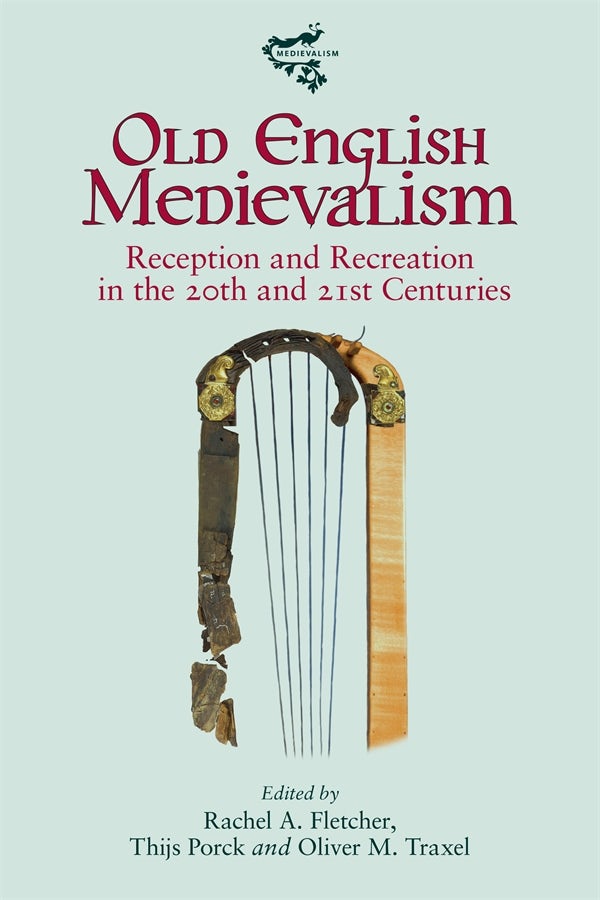
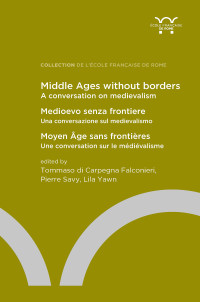
Qualifications
PhD Creative Writing (2021)
University of Nottingham
MA Creative Writing (2008)
Bath Spa University
MA (Cantab.) History (2006)
University of Cambridge

